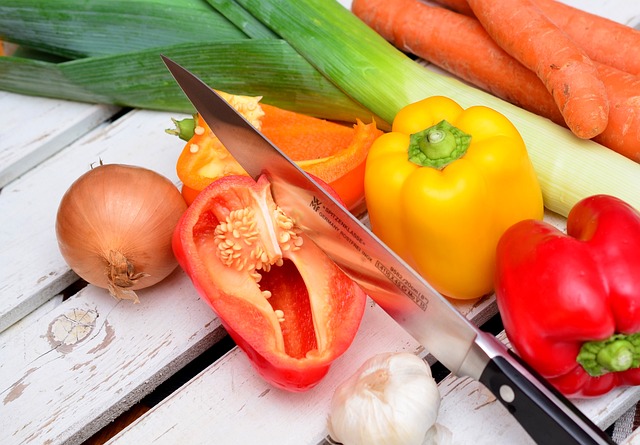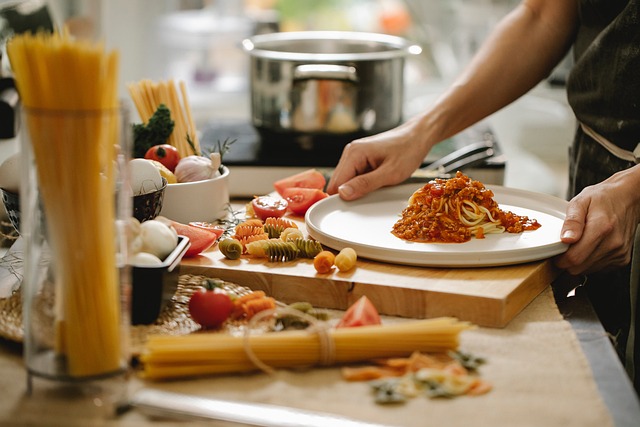How to Prepare for a Colonoscopy: Tips and Advice
Preparing for a colonoscopy can feel overwhelming, but with the right guidance, it can be manageable and stress-free. Discover practical tips and expert advice for a smooth colonoscopy preparation, from dietary choices to dealing with nerves.
Undergoing a colonoscopy may not be on anyone’s list of favorite things to do, but it’s one of the most effective ways to catch early signs of colon cancer and ensure long-term health. The preparation process may seem a little daunting, but with the right plan in place, you can make the experience as smooth as possible. Here are expert tips, diet recommendations, and advice on managing the process to help you feel ready for your colonoscopy.

1. Understand Why a Colonoscopy is Important
Before diving into the details of preparation, understanding the importance of a colonoscopy can help ease any anxieties you may have. Colonoscopies allow doctors to examine the colon and rectum, identify potential issues, and even remove polyps, which are growths that can turn cancerous over time. Regular colonoscopies are recommended starting around age 45 for most people, though those with certain risk factors may start sooner. With early detection, many colon-related issues are highly treatable, making this procedure a crucial step in maintaining overall health.
2. Begin Preparing Early: Set Yourself Up for Success
Effective preparation for a colonoscopy begins a few days before the actual procedure. Early preparation will allow you to ease into the changes and make the process less stressful. Here’s a general timeline:
1 Week Before the Colonoscopy:
Start adjusting your diet by avoiding foods that are high in fiber or contain small seeds, such as nuts, whole grains, and corn. These foods take longer to clear out of your system, and lingering particles could interfere with the results. Also, ensure you have everything you need for the process, such as the prescribed prep solution, plenty of water, clear broths, and electrolyte drinks.
3-5 Days Before the Colonoscopy:
Increase your water intake to keep yourself well-hydrated. Avoid hard-to-digest foods like red meats, salads, raw fruits, and vegetables. The goal is to eat foods that pass through your system quickly, such as white bread, lean meats, eggs, and dairy products (if tolerated). Staying hydrated during this time can make the final preparation stage easier on your body.
1 Day Before the Colonoscopy:
The day before your colonoscopy, you’ll need to follow a clear liquid diet and begin the bowel preparation process. Stick to liquids that are easy on the stomach and won’t leave any residue in your digestive tract. Clear liquids include water, apple juice, white grape juice, clear broths, and tea (without milk or cream). You may also consume gelatin, as long as it’s not red or purple, since those colors can resemble blood during the examination.
3. The Role of Bowel Preparation Solutions
One of the key steps in preparing for a colonoscopy is taking a bowel prep solution, which is prescribed by your doctor to clean out your colon. Though the taste may be less than desirable, it’s essential to complete the entire amount as directed. Here are some helpful tips to make it easier:

Chill the Solution: Many people find the prep solution more palatable when it’s cold. Keep it in the fridge for several hours before you start drinking.
Add a Flavor: If the taste is hard to stomach, try adding a hint of lemon juice or drinking it through a straw to bypass the taste buds slightly.
Divide it into Small Sips: Drinking large amounts quickly can cause nausea. Instead, take small sips over time, as your doctor advises.
Completing the solution may be challenging, but it’s a crucial part of the process, ensuring that your doctor gets a clear view during the procedure.
4. Managing the Side Effects of Preparation
The prep solution can have some temporary side effects, including bloating, nausea, or a feeling of fullness. Here’s how to manage these:
Stay Close to a Bathroom: The prep solution will have a laxative effect, so it’s wise to be near a bathroom once you begin drinking it.
Use a Barrier Cream: Frequent bathroom trips can lead to irritation. Applying a barrier cream, like petroleum jelly, can help protect your skin.
Stay Calm and Hydrated: Staying calm and drinking water between doses can help ease nausea and any bloating you might feel.
Taking these steps can help reduce discomfort and ensure that the preparation phase goes as smoothly as possible.
5. Tips for Staying Relaxed and Positive
For many, the idea of a colonoscopy can provoke anxiety. While it's normal to feel nervous, there are strategies to keep a calm mindset. Remind yourself that this procedure is a proactive step for your health. Many people also find it helpful to set a small reward for themselves, like treating yourself to a favorite movie or snack after the procedure. Engaging in deep-breathing exercises or meditation the night before can help you get restful sleep and face the day with a clearer head.
6. The Day of the Colonoscopy: What to Expect

On the day of your colonoscopy, here’s a quick guide on what to anticipate and how to feel comfortable:
Arrive Early and Bring a Support Person: Make sure to get to the facility early, as you’ll likely have a few forms to complete. It’s also recommended to bring a friend or family member to support you, as you won’t be able to drive yourself home.
Wear Comfortable Clothing: Loose, comfortable clothing will make it easier for you during the post-procedure period.
Stay Positive: The procedure itself is typically short, around 30 minutes to an hour, and most people are sedated, making it painless. Many patients have no memory of the procedure afterward.
7. After the Colonoscopy: Recovery and Rest
Once the colonoscopy is complete, you’ll be taken to a recovery room. You might feel a bit drowsy or disoriented from the sedation, so it’s essential to rest and not operate any machinery for at least 24 hours. Most people feel back to normal within a few hours, though minor bloating or cramping can happen due to the air introduced during the procedure. If these sensations persist or intensify, be sure to contact your doctor.
8. Reintroducing Foods Carefully
After a day of fasting and consuming only liquids, your digestive system will benefit from a gentle approach. Begin with easy-to-digest foods like applesauce, yogurt, or soup, and avoid heavy or spicy foods for at least 24 hours. Gradually introduce your regular diet, paying attention to any digestive discomfort.
9. The Importance of Follow-Up Care
Your doctor may discuss initial findings with you shortly after the procedure. In some cases, biopsies are taken for further analysis, and your doctor will follow up with the results within a few days. Regular colonoscopies, as advised by your doctor, are essential to maintaining colon health, especially as you age.
10. Reflecting on the Experience
For many people, the anticipation of a colonoscopy is far worse than the reality of the procedure. Reflecting on the experience, some find it helps ease the idea of future screenings. The benefits of early detection and the peace of mind it brings are often well worth the temporary inconvenience.
Preparing for a colonoscopy can feel challenging, but it’s ultimately a powerful way to take charge of your health. With the right steps and a positive mindset, you’ll find that the process is more manageable than you might have thought.

